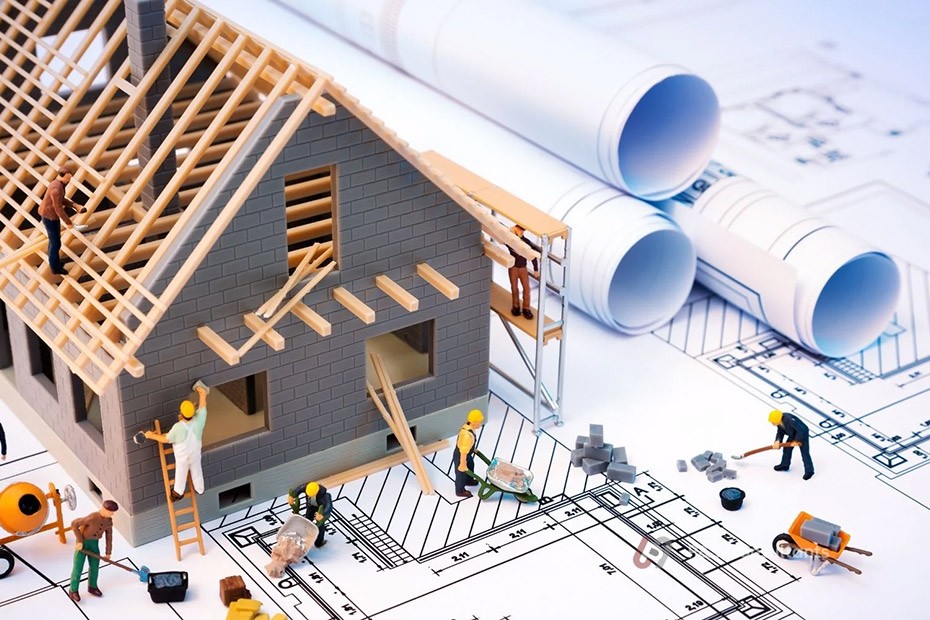Embarking on the journey of constructing your dream home is an exciting venture, but it requires careful financial planning to ensure a smooth and successful process. Here's a comprehensive guide on how to budget effectively for your new home construction, making your dream a reality without breaking the bank.
1. Define Your Priorities:
Before diving into budgeting, establish your priorities. Outline must-haves and nice-to-haves, enabling you to allocate funds where they matter most. This clarity sets the foundation for a budget that aligns with your vision.
2. Research and Estimate Costs:
Conduct thorough research to estimate the costs associated with various aspects of construction, from materials and labor to permits and professional fees. Obtain quotes from contractors and suppliers to create a realistic budget framework.
3. Contingency Fund:
Anticipate the unexpected by allocating a contingency fund. Unforeseen issues or changes in plans are common in construction, and having a financial buffer ensures you can handle surprises without compromising the overall project.
4. Set a Realistic Timeline:
Align your budget with a realistic construction timeline. Rushed projects often incur additional costs due to mistakes or the need for last-minute changes. A well-planned timeline allows for efficient use of resources, reducing unnecessary expenses.
5. Prioritize Energy Efficiency:
Invest in energy-efficient features from the start. While they may incur upfront costs, the long-term savings on utility bills make them a wise investment. Consider sustainable materials and technologies to enhance both environmental and financial sustainability.
6. Professional Guidance:
Engage with architects, builders, and financial advisors early in the planning process. Their expertise can guide you in making informed decisions, avoiding costly mistakes, and optimizing your budget for maximum efficiency.
7. Financing Options:
Explore financing options and choose one that aligns with your financial situation and construction plans. Whether it's a construction loan or a mortgage, understanding the terms and interest rates is crucial for budgeting accurately.
8. Regular Review and Adjustments:
Regularly review your budget throughout the construction process. Keep track of expenses and compare them to your initial estimates. This allows for proactive adjustments, ensuring you stay within your financial constraints.
9. DIY Considerations:
Evaluate opportunities for do-it-yourself (DIY) projects. While some tasks require professional expertise, others, such as landscaping or interior painting, can be tackled independently, reducing labor costs.
10. Quality Over Quantity:
Prioritize quality over quantity in your construction choices. Invest in durable materials and craftsmanship, as this pays off in the long run by reducing maintenance and replacement costs. In conclusion, budgeting for new home construction requires a strategic and thoughtful approach. By incorporating these tips, you not only set the stage for a successful construction project but also ensure your dream home aligns with your financial goals. Build with confidence, and let your budget be the guiding force in creating a home that stands the test of time.
